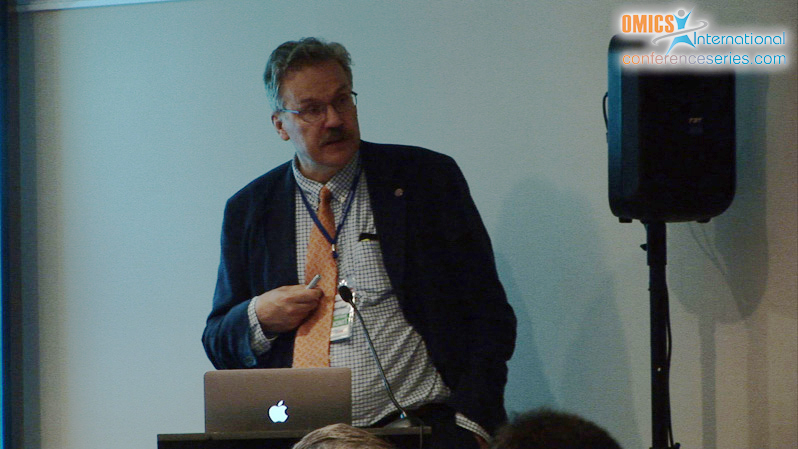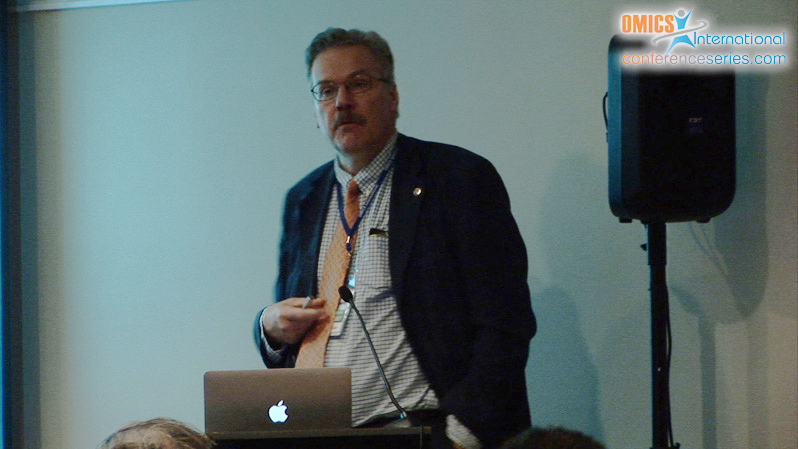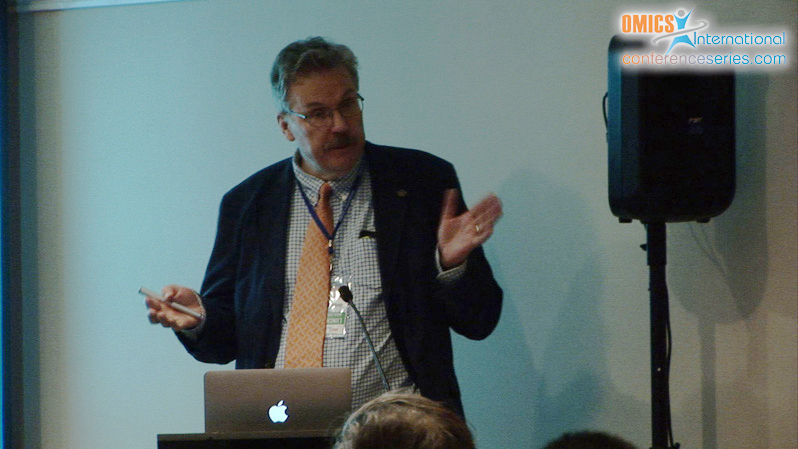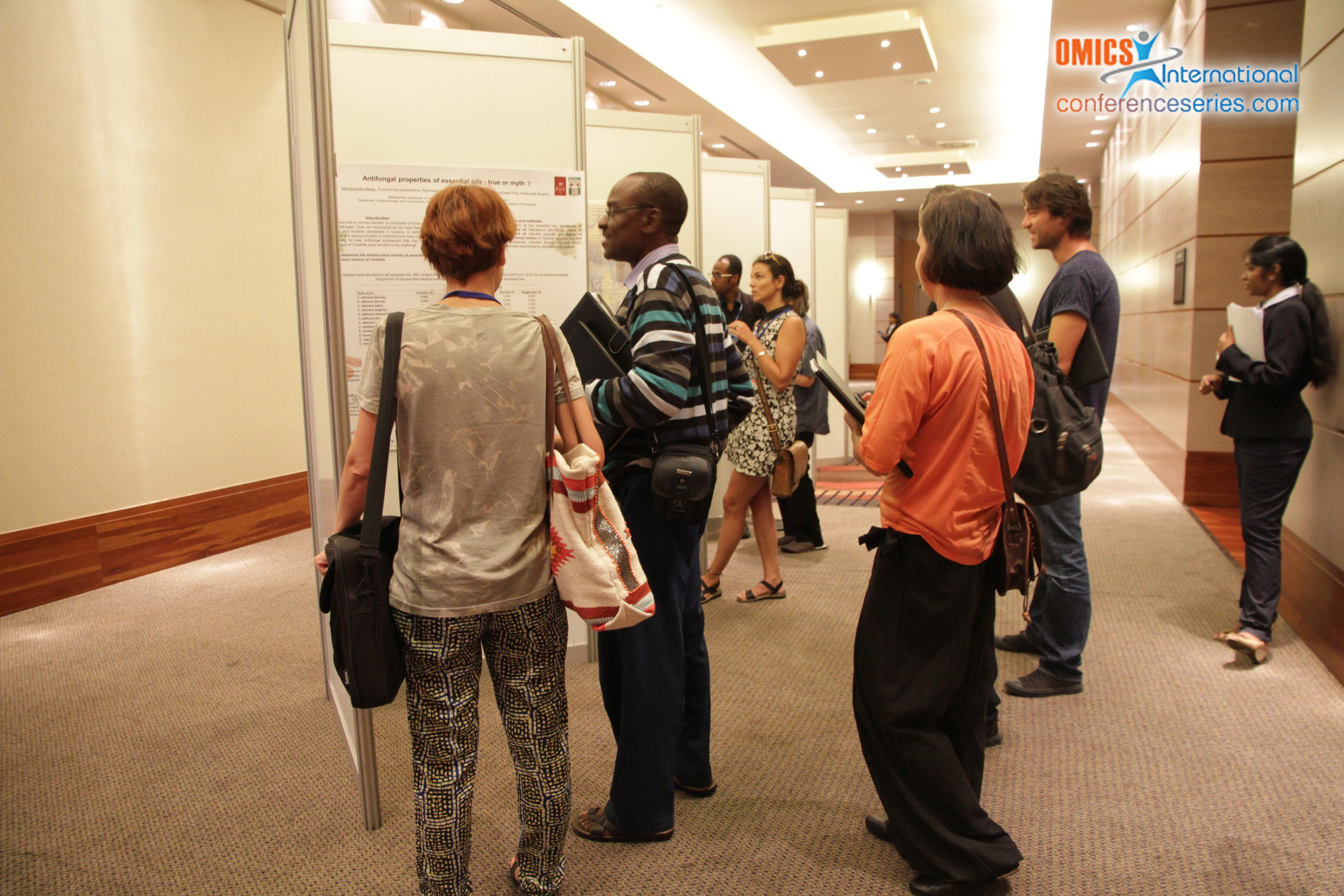
Leif A Kirsebom
Uppsala University, Sweden
Title: Stress response in Mycobacteria: Cell shape and survival
Biography
Biography: Leif A Kirsebom
Abstract
Bacteria of the genus Mycobacterium are acid-fast, hardy and found to inhabit diverse environmental niches such as ground and tap water, soil, animals and humans. The Mycobacterium genus includes non-pathogenic environmental bacteria as well as opportunistic pathogens and highly successful human pathogens such as M. tuberculosis that causes TB. The diversity of ecological niches inhabited by Mycobacterium spp. demands widely varied life styles with different growth patterns and morphologies for different strains including planktonic growth, formation of biofilms and spores. They respond to variation in the environment such as ageing culture, oxygen deprivation, heat or cold shocks, pH changes, exposure to toxins/antibiotics or to the hostile immune system of the host cell by exhibiting altered growth and morphology. This ability to switch to alternate lifestyles implies global shifts in the transcriptome. Our knowledge about the diversity of the morphological variations undertaken by Mycobacterium spp. is rather limited and sporadic as is the underlying signals that induce the wide-ranging pleiomorphism among Mycobacterium species. To understand the diversity of morphological variations shown by Mycobacterium species we are studying different species and changes in their cell shape in response to different growth conditions. Microscopy data for different Mycobacterium spp. where we used different staining techniques showing variation in cell morphology will be presented. This will be followed by a discussion about new genomic, transcriptomic and proteomic data for different Mycobacterium spp. with emphasis on genes expressed under different growth conditions.





